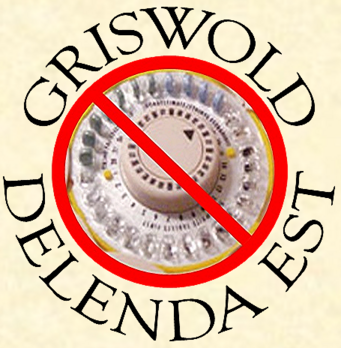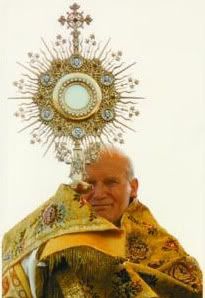The Supreme Court and the Wardrobe
They kept the plot intact, and the characters were decent, although everybody was not quite what they ought to have been -- Edmund wasn't nasty enough, Peter wasn't noble enough, Lucy was a little too sarcastic, and Susan was even more wet-blanket than she was supposed to be (which is somewhat). Aslan, of course, was dreadfully underdone -- this is God as a lion we're talking about, after all -- the theater should shake when he roars, and Liam Neesan's voice just isn't deep or rich enough. But they did a good job with his face, capturing the feeling in it. The battle was neat (although what happened to the fords of Beruna?). The acting, cinematography, etc. was excellent -- technically speaking it was very good.
Ok, so to get to my main objection. The central point of the story, just like the central point of human history, is Aslan's sacrifice and resurrection. Aslan dies in the stead of Edmund, whose death is required by the Deep Magic wrought at the beginning of time by the Emperor-over-the-sea. The Witch was in Narnia at the time of its creation and knows the magic that was put into it then. But Aslan existed in the timless void before the beginning of the world, and knows the Deeper Magic From Before the Dawn of Time, which is hidden from the Witch because it was wrought before she came into Narnia. It is this magic -- different and more powerful magic ("'Who's done it?' cried Susan. 'Is it more magic?' 'Yes!' said a great voice from behind their backs, 'it is more magic!'") that raises Aslan from the dead.
Compare this with the same scene from the movie, in which Aslan tells the girls that the Witch simply misinterpreted the Deep Magic (also note that the Magic is engraved only on the table, and the fire-stones on the Secret Hill and the scepter of the Emporer-across-the-sea get completely left out). This does short shrift to everyone involved. The Emporer gets the worst of it (how do you tell a story that is a Christian allegory and completely delete the character of the Father?) by not getting mentioned. But the most violence to the meaning of the actions is done by the levelling of the Witch and Aslan -- after all, Aslan just read the penumbras of the Deep Magic better than the Witch.
This makes the Witch not an embodiment of evil nor a Satan-figure, but simply Justice Brennan. (Yes, I know, the distinction may very well be pointless, but work with me here.)

Evil ice queen?

Or penumbra-happy jurist?
And making the Witch not as nasty as she ought to be in that regard isn't nearly as bad as what it does, in turn, to Aslan, because
 he stops being
he stops beingEternal Master of the Universe in the form of a lion . . .

and becomes a wise rune stone-interpreting scholar (I like Antonin Scalia a lot, but honestly now, he's not God).
If I wanted a Supreme Court case, I could read one on the internet. I went to the movies to see a story in which good triumphs over evil because of its antecedence and natural superiority, not because the bad guy is a noodle-head who can't read the law right.
File Under: Art/Media








0 Comments:
Post a Comment
<< Home